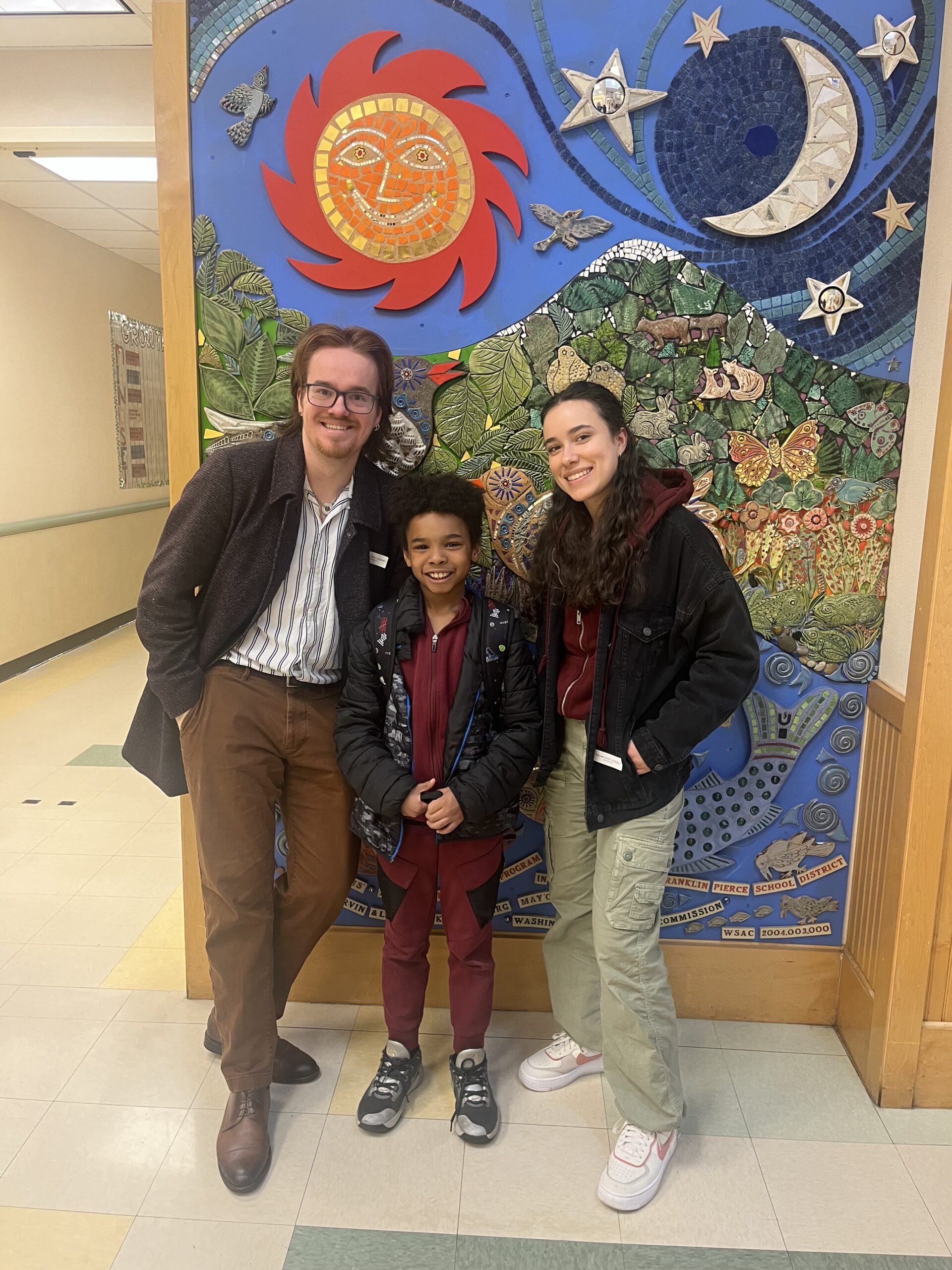By Raven Lirio
Reporter
Pacific Lutheran University’s Theater and Dance Department premieres its fall musical revue— Songs I’ll Never Sing.
The concept is similar to Broadway’s Backwards and Miscast, in which performers sing songs from roles they would not normally get cast to sing. The production theme was decided via a general survey in the theater and dance department.
“Our goal for Songs I’ll Never Sing is to give performers the opportunity to showcase their talents without the added pressure of replicating the way their characters were interpreted before them,” senior co-director Sade Moffet said. “Essentially, we want to shatter the barriers that have been set by pre existing expectations”
For many students, the opportunity provided a chance to choose songs close to their heart.
“I chose to audition with Lost in the Wilderness from Children of Eden,” senior Madison Wilis said. “It has sentimental value to me with it being the last production performed with a friend of mine who sadly passed away two years ago. I would never be able to play considering the character of Cane sings it.”
Similarly, junior Will Bently auditioned with a song outside of his normal vocal range.
“I picked Helpless from Hamilton because I love the song and wouldn’t normally be able to sing. I wanted to step out of my comfort zone and get into my falsetto to sing it.”
In comparison to other revues, this production had a much more hands on approach with the actors.
“Songs I’ll Never Sing can be done with a much smaller and more intimate cast,” Moffet said. “It allows Jeff and I as directors more time to collaborate with the actors and develop our own stories. Without the limitation of having to follow a predetermined script, we have more freedom to determine it for ourselves.”
This was echoed by Bently who expressed how the production felt more interactive.
“Actors are very involved in the process,” said Bently. “It’s a smaller cast that I’m used to so you get to know people a lot better and it creates a close community. I really feel supported in the production and it makes learning things more fun and manageable.”
Co-director and professor of theater Jeffery Clapp also spoke of his enjoyment working in collaboration with the cast as a whole.
“Sade is co-directing and it’s been really fun to see how we’re on the same page,” said Clapp. “This is the first time I’ve worked with Sarah Cedar and she’s a blast and there’s a lot of students I’ve never worked with. The funnest thing is watching everybody’s invention.”
This was equally echoed by Moffet who expressed how personal the revue has been.
“My favorite part of this process has been watching the performers blossom into their characters,” said Moffet. “They really take ownership of the numbers in a way that will make the audience forget that the material is not meant for them.”
Clapp also touched on the uniqueness brought by this production in comparison to other shows.
“When you do any kind of play there’s a history to it and therefore there are expectations that you decide to meet or change. With this piece there are no expectations,” Clapp said. “It gives us the freedom to explore what we wouldn’t have under the constraints of a fully written play.”
For Wilis, the production showcases the diverse aspects of theater to the audience.
“It is a show that shows the diversity of musicals and really highlights the diversity of musical theatre and how we need to accommodate to that,” Wilis said.
Bently also felt that the performance provides new perspectives.
“It breaks out of a lot of norms,” Bently said. “It’s interesting for performers and it’s unexpected for the viewers. It really broadens horizons on all levels.”
Clapp also explained the deeper implications of performing a revue like this and the significance it has on theater as a whole.
“When we first started discussing this idea, it was all about songs we couldn’t sing because of x, y and z but once we started doing it, it brings up the bigger question of identity,” Clapp said. “Why can’t I sing this song? It brings up some interesting ideas about what we perceive as identity.”



















